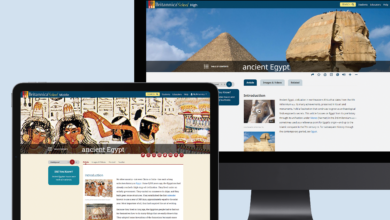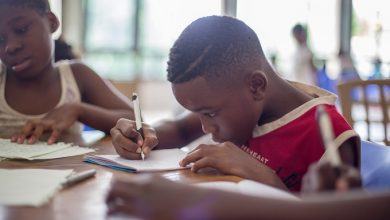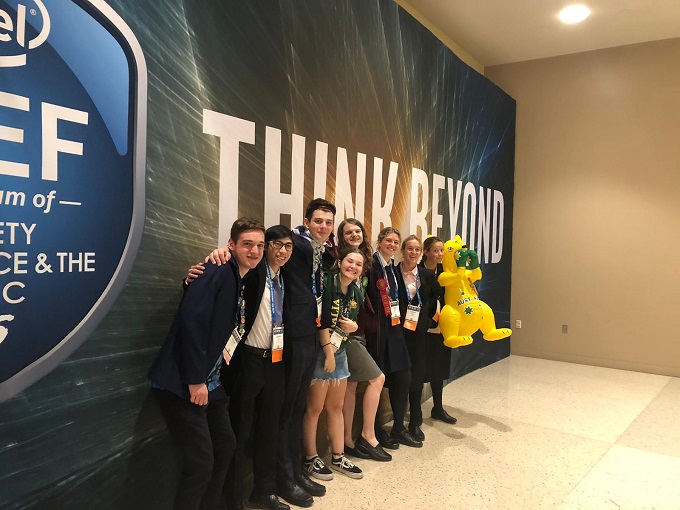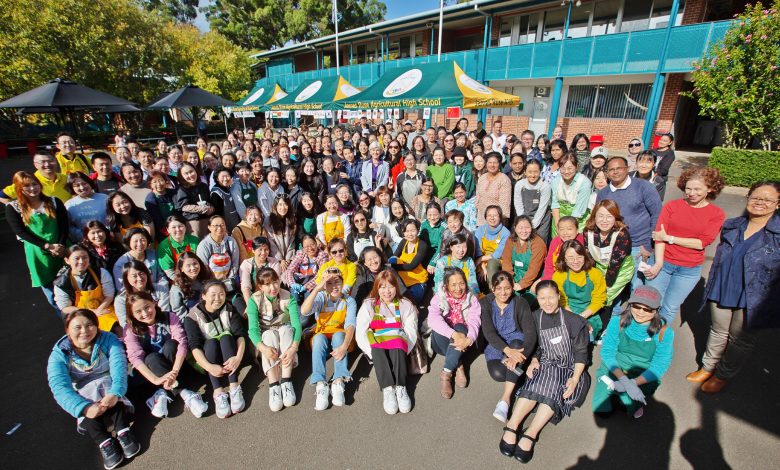
“Australia is one of the few countries where parent volunteers are involved in running events and fundraising in schools. Other examples are the UK, USA, New Zealand, Canada and South Africa. This means that new arrivals, apart from any language barrier, will likely have no cultural concept of what school volunteering looks like and how it fits into the big picture,” explains Anthea Cockerill, former teacher and Managing Director of The Fundraising Directory, long known as a highly regarded source of information and support for volunteers.
“Me and my husband were immigrants and didn’t know much about schools in Australia when our older girl started primary school,” says Yvonne Liang. “I still remember when we sat in the hall of the nearby bowling club when the P&C and BOOSH (out-of-school hours care) meeting was held. No one was allowed to leave until the P&C found someone to take up the Treasurer role in the new year. It’s something to laugh about now, but at the time I was a bit shocked at how desperately volunteers were needed for P&C work in Australia. Shame I didn’t raise my hand because I was unconfident with my English.”
It was seven years later before Yvonne Liang, accountant and mother of two, began volunteering on a regular basis. By then, her daughter had moved to high school and her son was starting Year 4.
Read the latest edition of School News HERE
“Only after she was in high school did [my daughter] start reflecting on her school life in primary school. She told me she had a very difficult Year 5 and Year 6 where she was excluded by several girls. She spent all the break times alone.”
Yvonne had been experiencing something similar with her son. “My boy’s teacher suggested we take him to see a specialist because he was not responding to others. To a mum, these are quite disheartening. I asked my boy, and he said to me, “Mum, I think I am anti-social.” I said to him, “So am I. But I can change. Let me show you.”
Yvonne then signed up to help at the canteen of both the primary school and high school. “Luckily, my employer let me switch to part-time and my husband agreed that we could survive financially even if I wished to quit paid work.” Soon, she took on the role of Volunteer Coordinator of the Canteen Committee at North Sydney Girls School. Ultimately, it was Yvonne’s non-English speaking background that made her even more valuable as an asset to the school.
Non-English Speaking Background is an asset
“I found my Cantonese and Mandarin speaking background made it easier as [many] parents speak them,” said Yvonne. “Parents’ cultural backgrounds should be respected. Australia is a multicultural country. Generations came from all over the world to make home on the beautiful land. The school and P&C should try to balance this in coordination of volunteers. For example, in our school canteen, we have volunteers who speak Mandarin, Cantonese, Korean, etc. We set the rules that volunteers are welcome to talk in their mother tongues. However, if there is a third person and speaking their home language would make him/her uncomfortable, then everyone should switch to English.”
“We also try to recruit volunteers via the channels that they are familiar with, such as WhatsApp for English-speaking parents, WeChat for Chinese, and Kakao Talks for Korean.” Yvonne Liang
By the time Yvonne’s children moved to James Ruse Agricultural High School, her work in the canteen at North Sydney Girls’ School was well-known and highly celebrated. “I think this was one of the reasons I was elected to the Treasurer’s then President’s role [at James Ruse] the following year with 100% votes.”
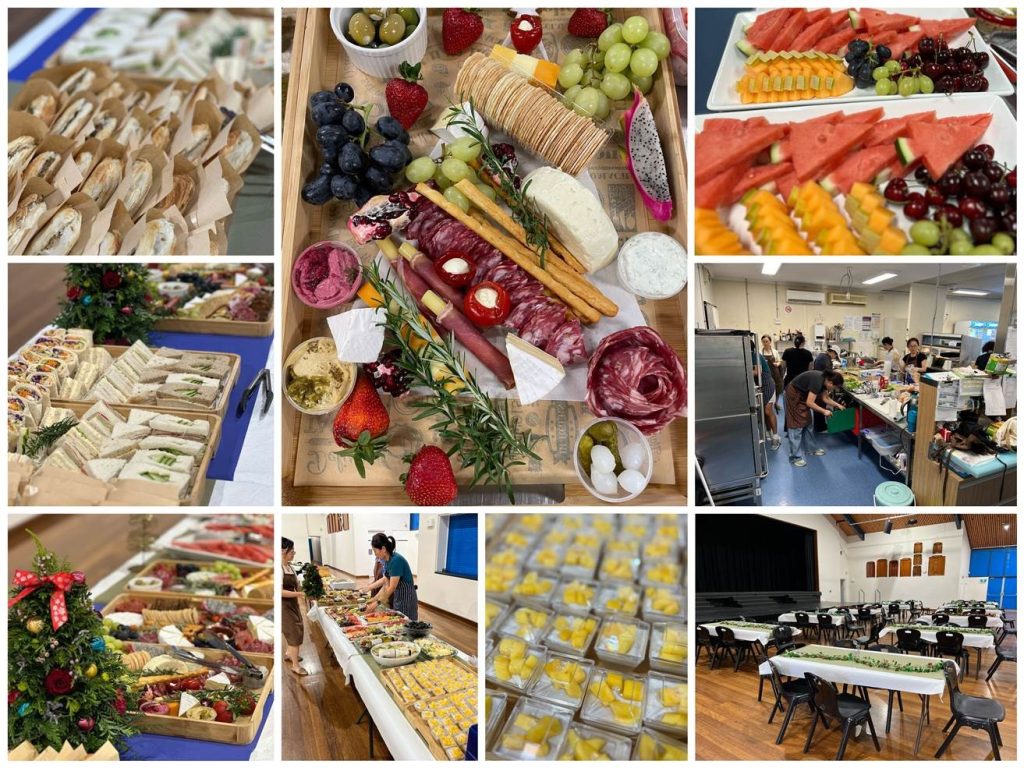
Hidden benefits of volunteering
Marisa Trio has over 20 years’ experience working as a school psychologist in primary and high school settings in regional and metropolitan schools across the country. She says: “School communities have long served as platforms for various forms of volunteering, providing opportunities for students, staff members and parents alike. But beyond the obvious benefit of fulfilling a need, volunteering brings with it a vast range of additional benefits. It can provide a sense of meaning and purpose, as well as the opportunity to learn new and valuable skills. It can nurture existing relationships while enabling new social connections to be formed. It has even been shown to improve physical and mental health in older adults.”
“The stand-out benefit for a volunteer is how happy it makes you,” Cockerill says. “A combination of the satisfaction of a job well done, a sense of purpose, and, importantly, social interaction with other volunteers. The sense of belonging and connection are extra important for people who may feel isolated and vulnerable, including those new to our country. Other benefits include language skills, making local connections, and having input into the school environment to benefit their kids.”
James Ruse is medium-size high school, with about 850 students and 90 teachers and staff in suburbs of Western Sydney. As a public Selective High School, the students come from across greater Sydney, drawn by the school’s academic excellence, ranking first in ATAR for an impressive 27 years in a row.
While Yvonne’s initial impetus to start volunteering was to be a good role model for her children, she also wanted to contribute to the school’s community. “Volunteering is more rewarding and in more ways than I anticipated. I met different people, learnt from their professions, gained experience that ordinary workplaces wouldn’t offer, and made a lot of new friends. People were generally nice and supportive. Help was always there if I was brave to ask.”
“Parents in families that have migrated to Australia, particularly those from NESB, could consider volunteering in their children’s school community as a welcome and easy way to form connections and support a common interest. Seeing their parents as active members of their school community may in turn help the children to experience a greater sense of security and connectedness, bridge cultural gaps, take more risks socially, and consider getting involved themselves.” Psychologist, Marisa Trio
Yvonne adds that volunteering at school is a great way to learn and teach new skills, vital for all people but particularly so for people new to Australia.
“I had a chance to do projects that I wouldn’t have in the workplace, such as the canteen project where we set up a whole new business from scratch. That’s why I tried to recruit parent volunteers with the offer of training them with some working skills that they wouldn’t have easy access to in their current paid work. For example, we have a parent who helped us do accounts [who] later found a bookkeeping job. A mum who helped with volunteer coordination said she never knew Excel could be so handy. I gave work references for two volunteers in support of their job applications as well.”
Cockerill, from The Fundraising Directory adds that there is much P&Cs can do to ensure that they are communicating with all new arrivals.
“Perhaps a one-pager explaining in very simple terms how things work in your school could be distributed to new (or all) families. Have QR codes that take them to a version in the most common languages in your community. Include specific examples of how they can volunteer in a way that doesn’t demand too much or require them to be able to communicate perfectly.”
“Don’t expect miracles, though,” adds Cockerill. “As new arrivals have much to navigate and understand. You need to appreciate that giving their time freely might not be high on the list. Instead of angling for them to volunteer, perhaps organise a social gathering designed to include them. Trust me – you’ll be making the world a better place!”
NSW Parent of the Year
After a stint as Treasurer at James Ruse, then two years as President, Yvonne has proven to be more than a role model for her children. In late 2023, she was named ‘Parent of the Year’ (one of twelve) at the NSW Minister’s and Secretary’s Awards for Excellence.
“It’s a great honour to be awarded the Parent of the Year. I could hear my family cheer and whistle when I was called on the stage. That was funny because, you know…we are from a culture that praises low profile”. Yvonne Liang
“I deem it a great honour and recognition for my work as a volunteer,” adds Yvonne. “And I wish this could inspire parents like me to participate in the school community. I come from a non-English speaking background. I wish parents like me could gain confidence from my experience, understanding language is not an obstacle for them to play an active role in the Australian communities.”
Yvonne encourages other parents from a NESB to step forward and discover the benefits of volunteering.
“It’s not only for the children; to let them see mum and dad’s participation in their school life. It’s also for the parents themselves. For them to feel settled down in the new country and make it their new home. It helps with the bonding as well. Small children sometimes feel their family is different and “not cool” because they speak a different language. Parents showing up at school tells a young child that their family is part of the school.” Yvonne Liang
“I found it easier to start a conversation with my children when I asked them about a specific thing. Rather than ‘how was your day?’ I could ask ‘do you need my T-shirt for the ‘Wear-It-Purple Day’?’ or ‘Did you try the pan-fried pork buns today?’” Yvonne explains: “These may seem so natural to a parent growing up in Australia. [But] for a parent from overseas, showing that they understand what the school is like is not so straightforward. Our confidence is an assurance to our children.”
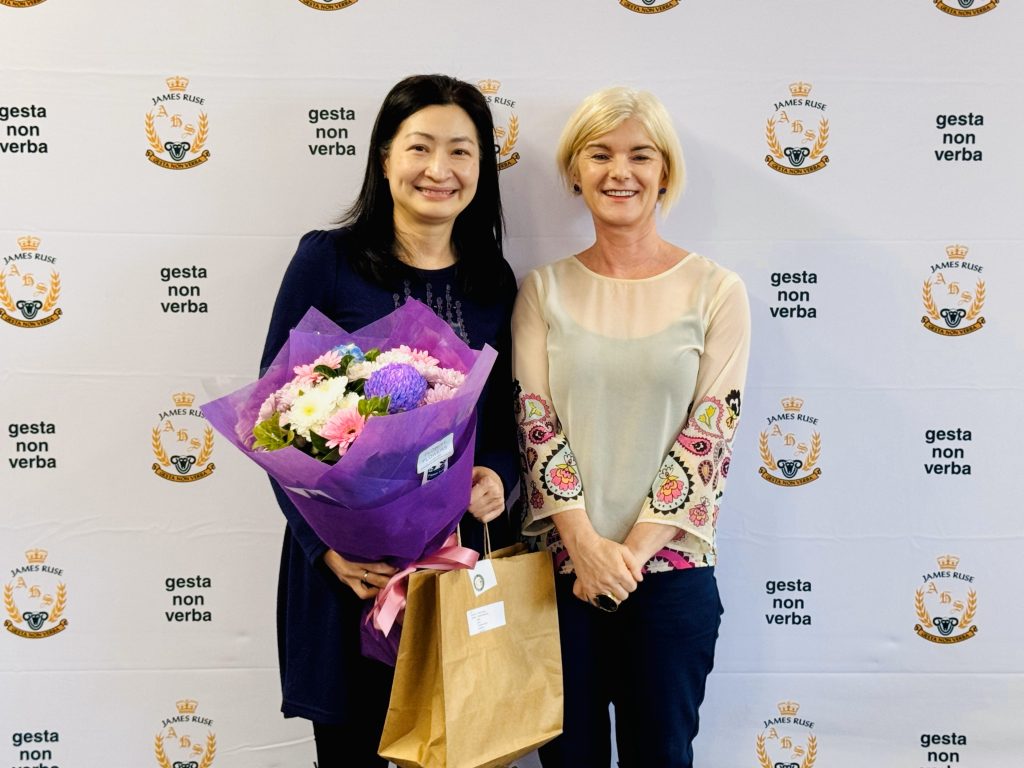
Ms Trio adds: “Across all sectors of education, students are constantly being exposed to concepts and terminology surrounding the act of giving. Be it community service, random acts of kindness, mercy values, fundraising or supporting charities, the act of contributing has a far greater impact when children can see the adults in their lives role-modelling this behaviour in their own lives.”
For Yvonne and her family, the role modelling has paid off. “I never knew volunteers and charities were so common before coming to Australia. I am so happy to see my children actively participate in school co-curriculums. My girl was a Senior Prefect and organised a lot of activities for the school.”


